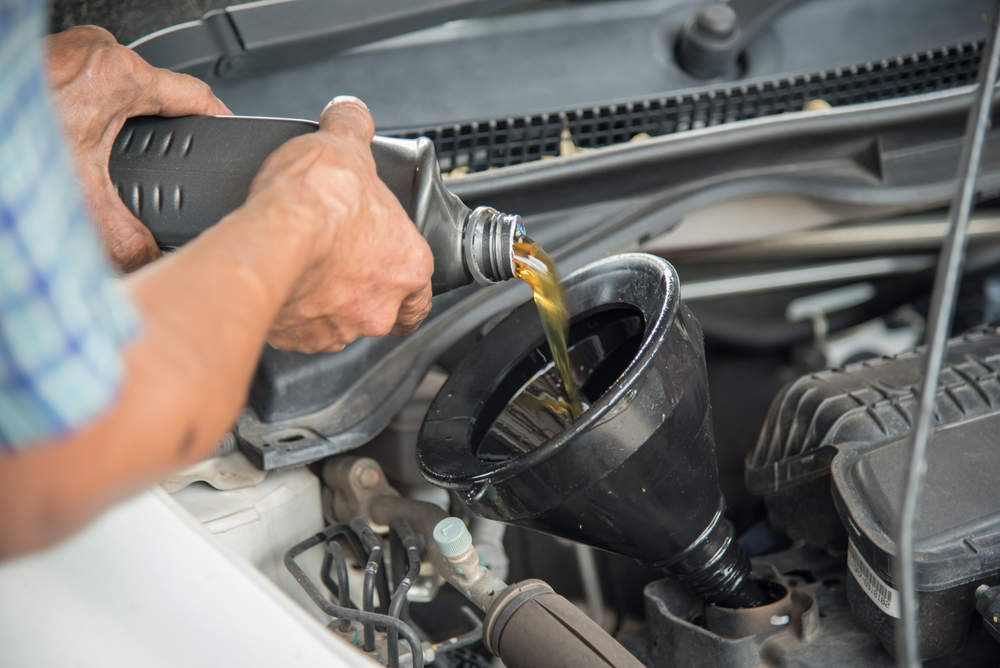
The oil price went above $65 a barrel for the first time in more than two years on Tuesday morning after a crack in the UK North Sea’s main pipeline system threatened short-term production.
Brent crude, the international crude oil benchmark, hit $65.70 a barrel before slipping back to $65.33.
The closure has also disrupted gas flows through the network, which carries a third of the UK’s gas produced offshore.
On Monday, gas prices in the UK were already trading near four-year highs, up almost 30 per cent, as the cold weather generated higher demand for fuel.
The Forties Pipeline System (FPS), which was bought from BP by billionaire Jim Ratcliffe’s Ineos six weeks ago, delivers almost 40 per cent of UK North Sea oil and gas production.
More than 80 British oil and gas fields will have to suspend production in a shutdown that will last several weeks, according to Richard Longden, an Ineos spokesman.
How well do you really know your competitors?
Access the most comprehensive Company Profiles on the market, powered by GlobalData. Save hours of research. Gain competitive edge.

Thank you!
Your download email will arrive shortly
Not ready to buy yet? Download a free sample
We are confident about the unique quality of our Company Profiles. However, we want you to make the most beneficial decision for your business, so we offer a free sample that you can download by submitting the below form
By GlobalDataIneos’ Grangemouth refinery, which supplies the majority of gasoline and diesel in Scotland and parts of the north-east of England, will keep operating despite its reliance on FPS for around half of its crude supplies, Longden added.
A UK government spokesperson said:
There is no security of supply issue for fuel or gas supplies as a result of the repairs needed to the Forties pipeline. The government will continue to liaise with industry operators to monitor the situation to ensure repairs are undertaken as quickly as possible.
Olivier Jakob, an analyst at Petromatrix GmbH said:
It’s [the FPS shutdown] more than just a supply disruption because it’s more significant as a price maker. There’s one thing which is the volume of oil which is lost, but it’s also that it’s a key price benchmark.
Fiona Legate, an analyst at Wood Mackenzie agreed that the FPS shutdown would affect prices as well as supply and cash flows:
A shutdown of the Forties Pipeline System, even temporary, will have wide-reaching implications for the UK oil and gas industry. Companies with fields utilising the FPS export route will suffer from reduced cash flows during the shutdown period.
Wood Mackenzie said it predicts that oil and gas prices will remain high for some time.
Jasper Lawler, a market analyst at the London Capital Group (LCG) told Verdict that high prices do look set to continue into next year.
Some supply disruption in the UK provided the perfect catalyst for oil prices to continue the run of good form. We suspect any pullback after this latest surge will be limited and that Brent is on its way to challenge the 2015 high near $68 per barrel.
Analysts from JBC Energy said:
At this point we would expect a large deferral list for the Forties loading program to spill over into January.
Ineos became one of the 10 biggest producers in the North Sea earlier this year after spending more than $1bn to acquire the oil and gas business of Danish renewable energy group, Ørsted in November.
Last month, the Organisation of the Petroleum Exporting Countries (Opec) and non-Opec producers led by Russia agreed to extend production cuts until the end of 2018 as part of an effort to increase oil prices.







